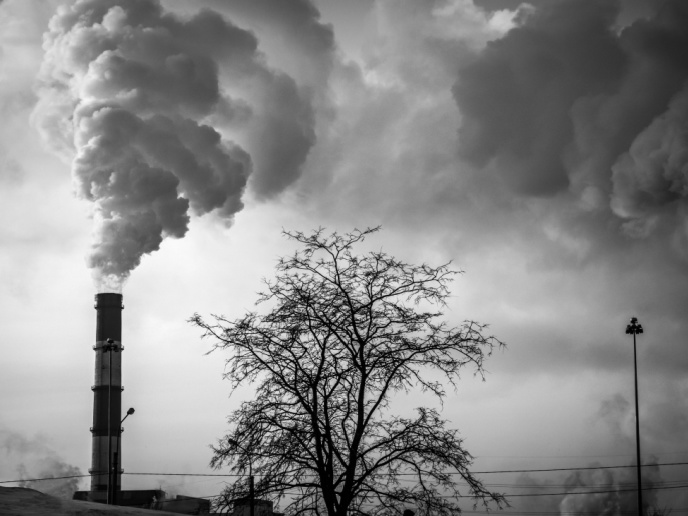Turning encroaching bush into long lasting fuel in south Africa
Over 120 million hectares across southern Africa, 45 million in Namibia alone, have been degraded by bush encroachment and invasive alien species. This woody overgrowth suppresses herbaceous plants and ecological diversity, and depletes groundwater reserves, impacting on wildlife and livestock. “Southern Africa also has high levels of rural poverty, especially amongst women and youths, with unemployment over 50 %,” notes SteamBioAfrica project coordinator Heike Knicker from the Spanish National Research Council (CSIC) in Spain. “This poverty is reflected in the region suffering from the highest income inequality in the world.” Another key challenge is the fact that the region’s energy supply is dominated by coal. “South Africa alone annually extracts and burns over 200 million tonnes/year,” say Knicker. “Off-grid communities burn firewood or charcoal over open fires to meet their cooking and heating demand, with associated health impacts predominantly affecting women and children.”
Turning bush into a solid biofuel
The ambitious EU-funded SteamBioAfrica project set out to address these multiple challenges. The key aim was to demonstrate that an innovative process called superheated steam torrefaction could be used to transform bush plants into a solid biofuel with coal-like properties. “We wanted to show that the bush could be used as fuel, without the need for capital investment or loss of efficiency,” adds Knicker. “This would be a cleaner burning alternative to firewood or charcoal.” To achieve this, the project team built and deployed a small industrial-scale demonstration unit in rural Namibia near Otjiwarongo, an area blighted by bush encroachment. Operating at 250 kg/hour, it successfully processed over 200 tonnes of bush. To ensure holistic benefits, numerous studies were carried out. These covered issues ranging from life cycle studies and value chain development through to soil science, gender and harvesting.
Large-scale replication across southern Africa
The output from the plant was validated by industry and households, with promising results. A number of industrial stakeholders have expressed an interest in taking the technology forward towards eventual commercialisation. “The goal now is to achieve cost parity with coal,” remarks project innovation manager Huw Parry. “This would enable the large-scale replication of this technology across southern Africa.” This would help to sustainably reduce bush encroachment, achieve land restoration and boost rural job creation. “Just one industrial unit operating at 5 tonnes an hour would directly result in the sustainable recovery of over 4 000 hectares a year,” notes Parry. “While the focus of this work has been concentrated on southern Africa, this does not exclude the application of this technology to address wider global challenges caused by encroachment and invasive species.”
Plant upgrade for economic performance and efficiency
To achieve cost parity with coal, the demonstration unit will need to be further upgraded, to improve its economic performance. A fully costed upgrade plan has been prepared, with identified measures, primarily in energy efficiency and automation. “To implement these measures, additional funding is currently being sought,” says Parry. “Once the plant upgrades have been implemented and validated, commercial investment will be readily achievable in upscaled replication.” A local cement works is provisionally prepared to host the first commercial-scale industrial deployment, which would be owned and operated by SteamBioAfrica project partners. This will take place once the upgrades to the existing plant have been fully validated.
Keywords
SteamBioAfrica, sustainable, energy, Africa, Namibia, biofuel, coal







